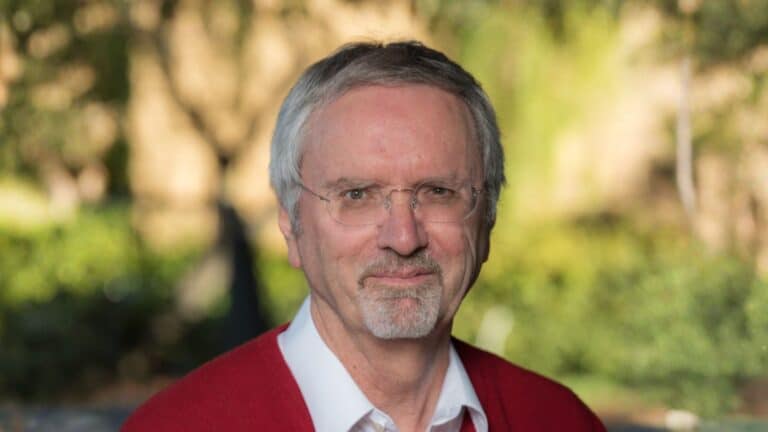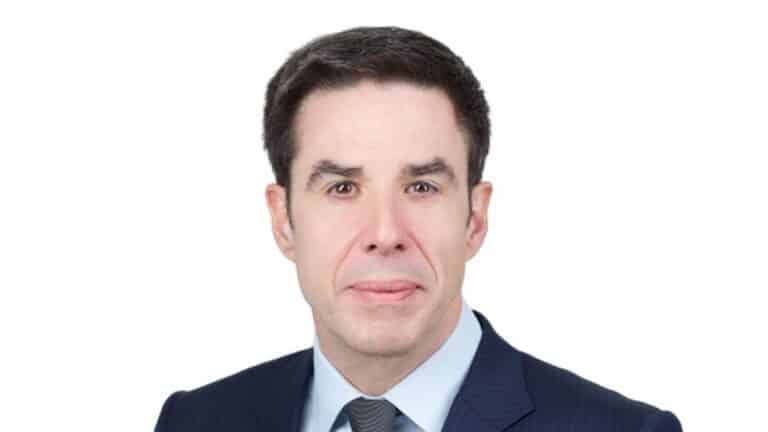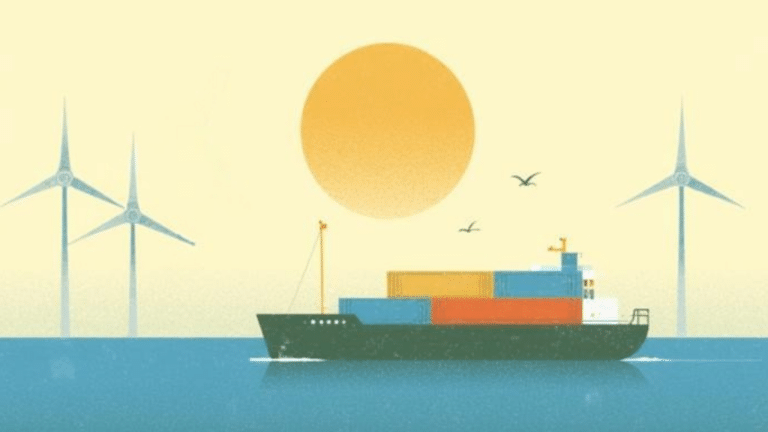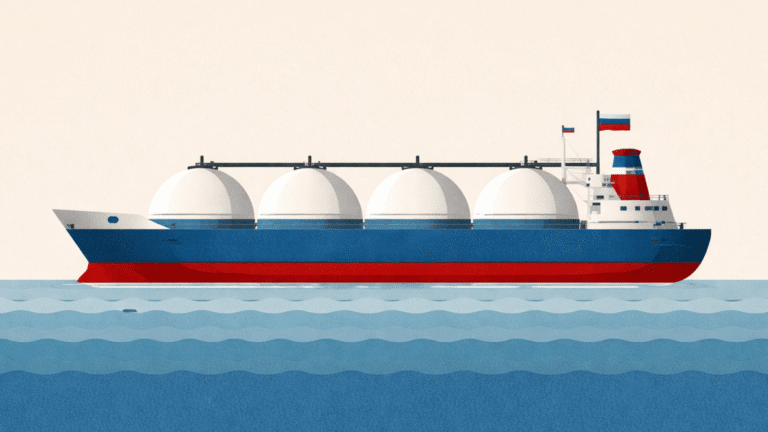Could a strategic lithium reserve kickstart US supply chain development?
NEW YORK -- A strategic lithium reserve is being mooted as a solution to stabilize volatile prices that have hindered American mining projects, allowi
Current Access Level “I” – ID Only: CUID holders, alumni, and approved guests only
Following COP22 in Marrakech where global leaders were overcome with uncertainly about the United States’ commitment to greenhouse gas reduction under a new Trump Administration, host Bill Loveless speaks with Carl Pope, former executive director and chairman of The Sierra Club, about the path forward against climate change through both international and local initiatives. Pope is also a senior climate adviser to former New York City Mayor Michael Bloomberg, the U.N. Secretary General’s special envoy for cities and climate change. They discuss: Reactions to Donald Trump’s election and other challenges and opportunities coming out of the Marrakech Climate Summit; The heightened roles for cities, states, investors and business in providing U.S. direction for climate initiatives; A sneak peek at the upcoming book by Carl and Michael Bloomberg called, “Overheated: How Cooler Heads Can Cool the World” that seeks to reset the conversation about climate change.
This has been a crucial year for US energy policy. The passage of the One Big Beautiful Bill Act eliminated many of the clean energy incentives that were...

Over the past week, President Trump has intensified pressure on Venezuelan president Nicolás Maduro by targeting the regime’s economic lifeline—oil. The United States has seized two oil tankers...

If it seems like you're hearing a lot more about geothermal energy lately, that's because this clean, firm energy source is at a technological turning point. With roots...

Investment in clean energy technologies is on course to hit a record $2.2 trillion this year, according to the International Energy Agency. That’s more than twice the amount...

The country could see a relatively rapid recovery of some oil production, depending on the leadership that emerges.

Early on 3 January 2026, the United States launched a military operation to arrest President Nicolás Maduro and remove him from Venezuela. This operation also involved the arrest...

This Energy Explained post represents the research and views of the author(s). It does not necessarily represent the views of the Center on Global Energy Policy. The piece...

Geopolitical uncertainty associated with Russian gas exports could swing the range of those exports by an estimated 150 bcm per year.
